Clinician perception of the relationship between mental health, health-related social needs, and diabetes outcomes [Diabetes and endocrine disease]
Annals of Family Medicine
NOVEMBER 20, 2024
Addressing mental health and HRSNs can improve diabetes outcomes, but stigma surrounding these issues can make both patients and providers uncomfortable during clinical discussions. Consequently, clinicians may avoid these stigmatized topics and provide general recommendations that can’t be followed by patients.

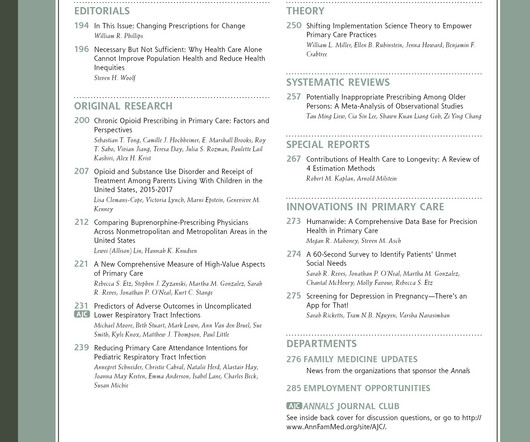

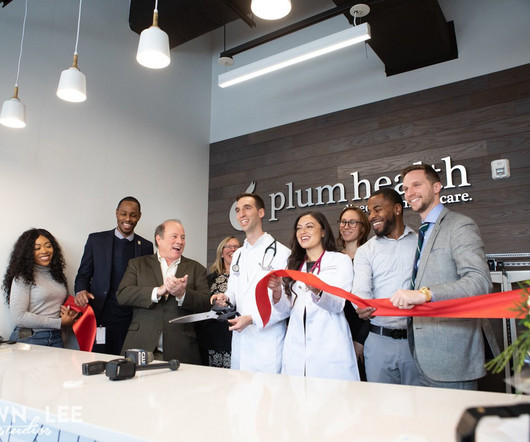
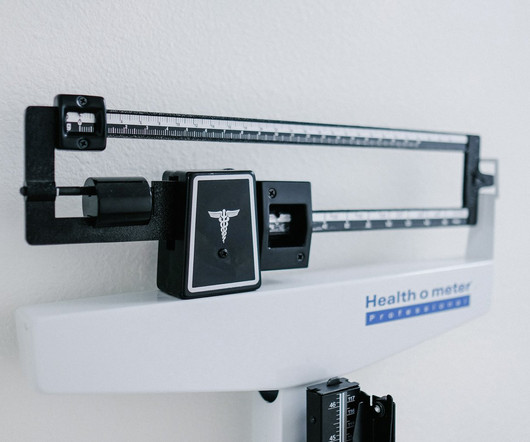





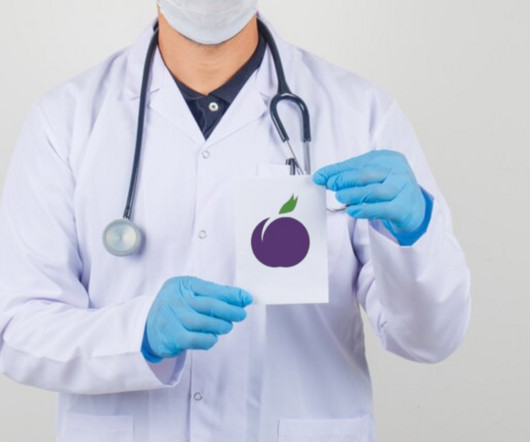






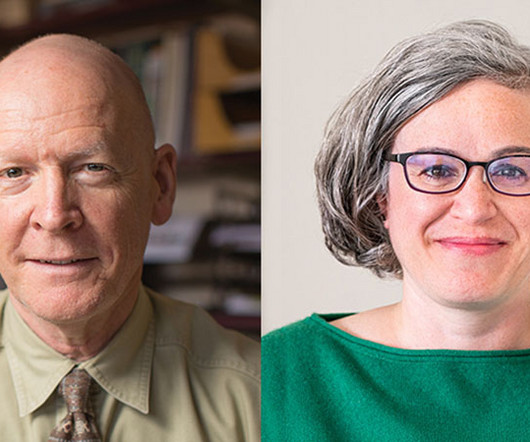








Let's personalize your content